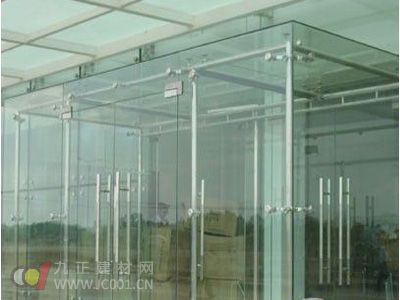Many recycling bins labeled for glass often show images of bottles and jars. However, not all glass items are suitable for recycling. For example, certain beverage bottles and glass plates may not be accepted. Why is that? The reason lies in the type of glass used. Original glass bottles and plates are typically made from tempered glass, which contains specific chemical additives and has a different melting point compared to regular glass.
Standard glass bottles and jars can be melted down at recycling facilities to create new products. However, when tempered glass is mixed into the process, it can lead to defects in the final product. Recycling plants have strict quality control measures, so if a batch of recycled glass turns out flawed, the entire load might be discarded, leading to waste and inefficiency.

If you have intact glass bottles or plates, consider reusing them as storage containers around the house or donating them to local organizations that accept such items. For broken glass, it's best to pack it securely and dispose of it with regular household waste, rather than placing it in the recycling bin.
What about window glass or car windshields? These types of glass also contain special additives, coatings, or films like UV protection or safety layers. These components can cause problems during the melting process, such as bubbles or cracks. As a result, they are generally not suitable for standard glass recycling. If you have old windows or windshield glass at home, check with your local glass replacement service to see if they offer recycling options, or contact your municipal waste management department for proper disposal. If you have a large amount of broken glass, consider reaching out to a specialized glass recycling company for assistance.
Brass fasteners are used for their physical and aesthetic properties. Brass is utilized due to its high thermal conductivity and corrosion resistant properties, it is suitable for use in hot and cold environments, and resistant to water corrosion, making it a staple of industries such as heating and plumbing. Brass fasteners are largely non-magnetic (like any fastener, slight magnetic properties can develop during the manufacturing process) and resistant to tarnishing.
Brass fasteners are suited for some marine environments, including brackish water and slow current sea water; brass in this environment develops a protective green coating. Brass fasteners are also commonly used with wood applications, as the golden coloring blends well with the tan wood. Brass is a softer metal and must be used with care, always drilling pilot holes and using driver bits that fit the head of the screw precisely to prevent stripping. Brass Bolts also require a pilot hole be driven before installtion.
Metal Pins,Stainless Steel Pins,Flange Alignment Pin,Safety Coupler Pin
Taizhou Hongchuang Hardware Co., Ltd. , https://www.taizhouhongchuang.com